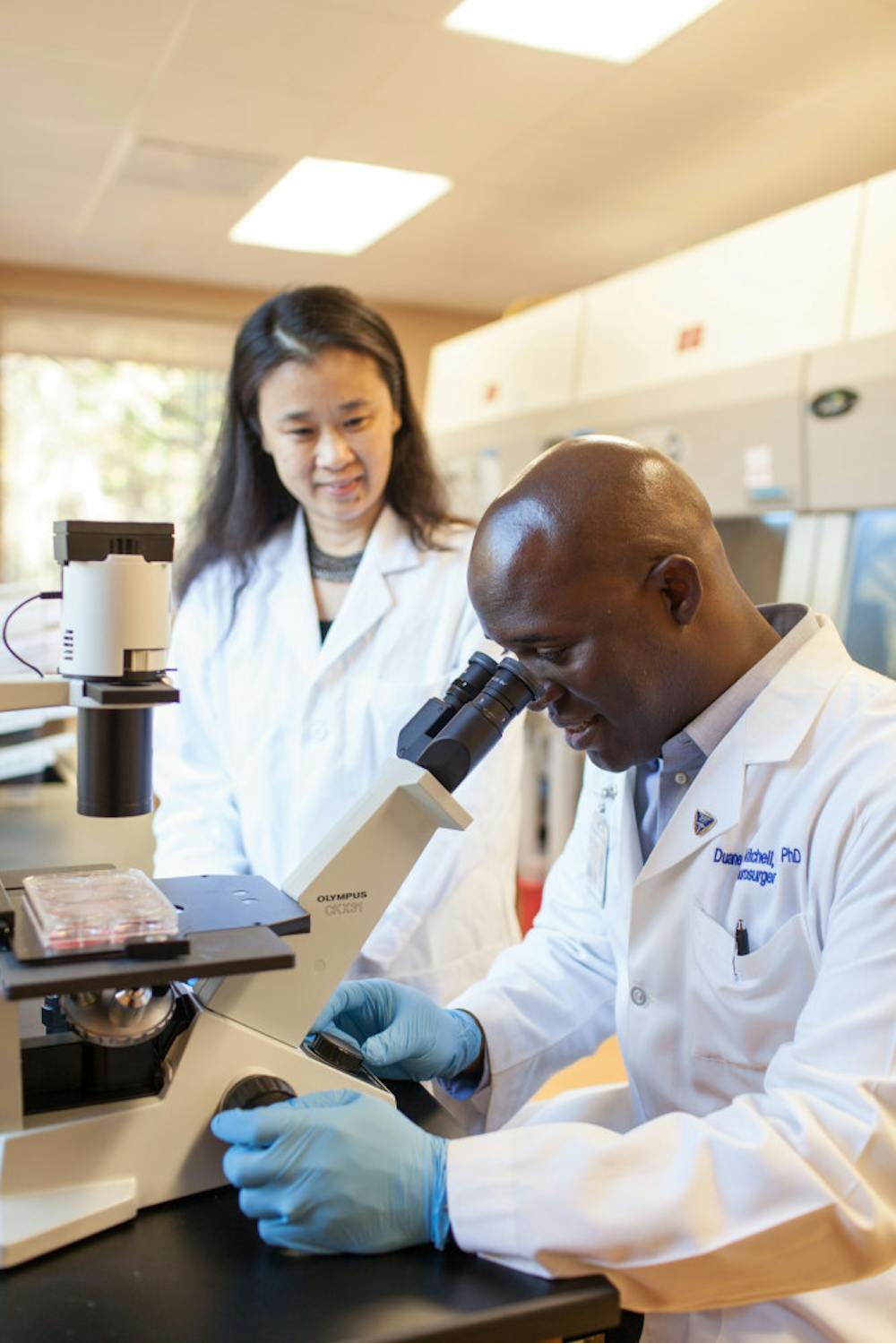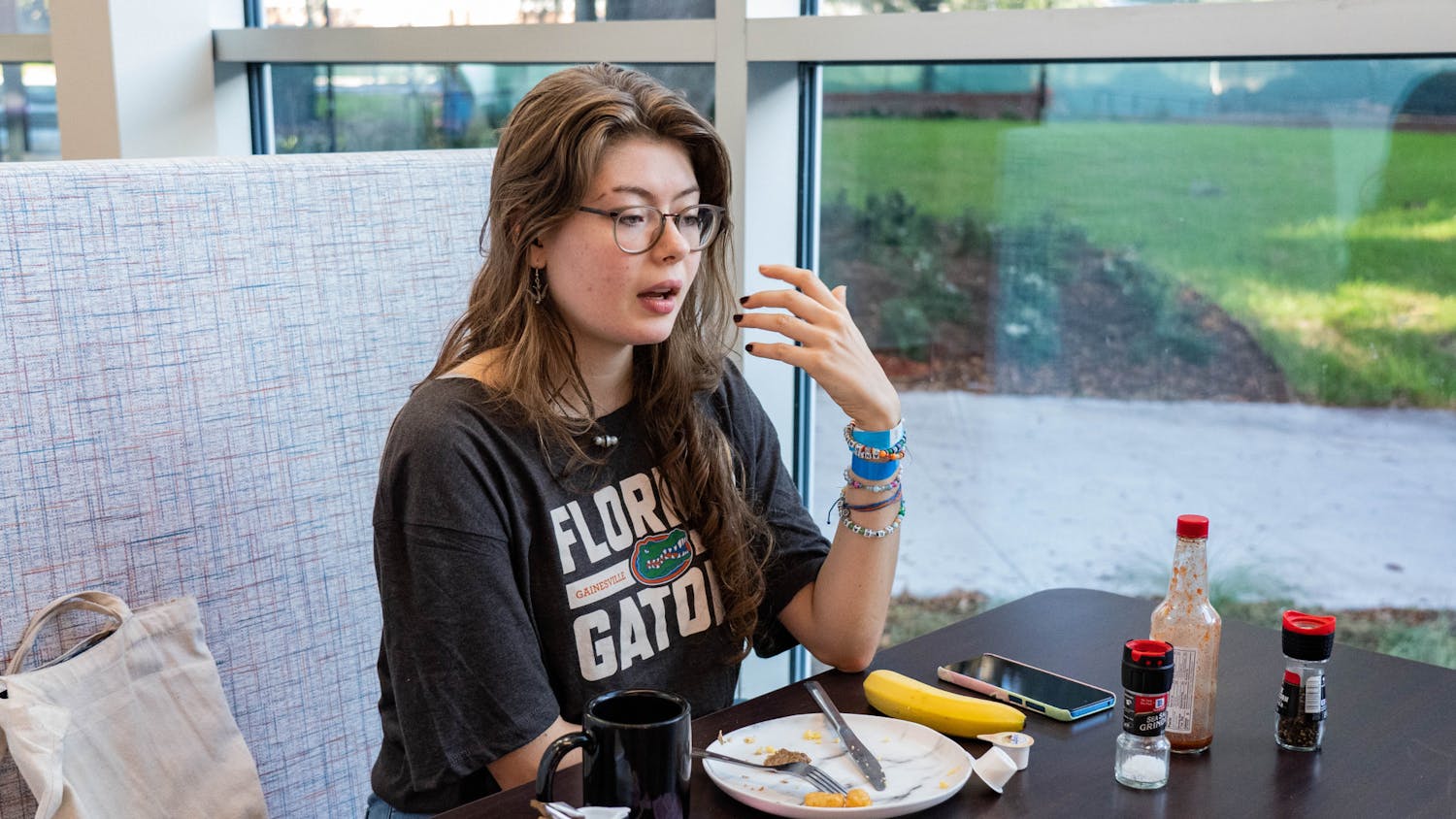Harris Rosen donated $12 million to a UF-led initiative to advance brain tumor research after his 26-year-old son died from the disease last November.
On Friday, Rosen, an Orlando hotel tycoon, announced his donation to support ReMission Alliance Against Brain Tumors, an initiative to bring together physicians and scientists to advance research and clinical trials to cure brain tumors.
The donation will also result in the neuromedicine clinic at the UF Health Neuromedicine Hospital in Gainesville and neuro-oncology laboratories within UF’s Evelyn F. and William L. McKnight Brain Institute being named in honor of Rosen’s late son, Adam Michael Rosen.
The UF-organized Summit brought together more than 100 experts to form a research community focused on achieving better outcomes for patients with brain tumors.
Rosen’s son was diagnosed with the disease about two years ago. He hopes this collaborative effort will make headway in finding a cure for this disease, Rosen said.
“Collaboration is much more promising than individuals working quietly by themselves,” Rosen said. “When it comes to healthcare, you need to put that competitive philosophy behind.”
The donation will go toward improving the research and clinical infrastructure at UF and the collaborative research through the ReMission Alliance.
The program is co-directed by Dr. Duane Mitchell, co-director of UF’s Preston A. Wells Jr. Center for Brain Tumor Therapy, who was also the head of a team of doctors that treated Adam Rosen.
“No one center has all of the ideas to combat such an aggressive disease,” Mitchell said. “By pooling our resources and working together, we can accelerate the pace of advancement to improve these patients’ quality of life.”
Rosen, the president and COO of Rosen Hotels & Resorts, along with The Harris Rosen Foundation, will be donating $3 million this year, followed by an additional $1 million annually over the next nine years.
The Rosens’ donation is a seed gift to kick start the rest of the campaign, Mitchell said. The overall fundraising goal of the ReMission Alliance is to reach $100 million.
This alliance includes UF along with 11 other partners throughout the USA and Canada, Mitchell said.
A benchmark goal of the ReMission Alliance is to see long-term survival for patients with the most aggressive brain tumors, which hovers at 10 percent currently, move to greater than 50 percent within the next decade, Mitchell said.
“If we are able to accomplish this, then that changes the conversation we have with brain tumor patients,” Mitchell said. “We will be able to tell them that they are more likely to survive this disease than succumb to it.”






